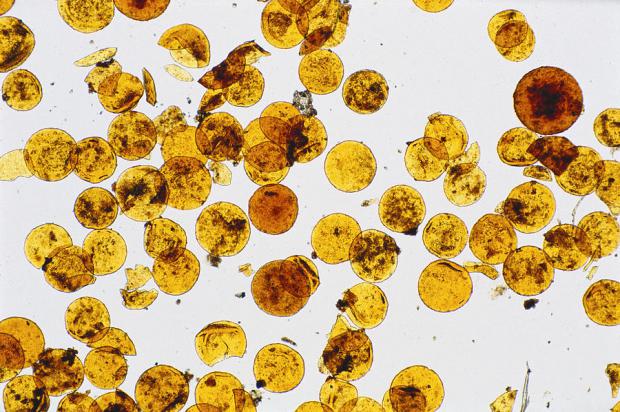
Breaking News
 The Domino Effect: How a U.S. Attack on Iran Could Unleash Global Catastrophe
The Domino Effect: How a U.S. Attack on Iran Could Unleash Global Catastrophe
 The True History of Glyphosate, Derived from Deadly Organophosphate Nerve Agents like Sarin...
The True History of Glyphosate, Derived from Deadly Organophosphate Nerve Agents like Sarin...
Top Tech News
 New Spray-on Powder Instantly Seals Life-Threatening Wounds in Battle or During Disasters
New Spray-on Powder Instantly Seals Life-Threatening Wounds in Battle or During Disasters
 AI-enhanced stethoscope excels at listening to our hearts
AI-enhanced stethoscope excels at listening to our hearts
 Flame-treated sunscreen keeps the zinc but cuts the smeary white look
Flame-treated sunscreen keeps the zinc but cuts the smeary white look
 Display hub adds three more screens powered through single USB port
Display hub adds three more screens powered through single USB port
 We Finally Know How Fast The Tesla Semi Will Charge: Very, Very Fast
We Finally Know How Fast The Tesla Semi Will Charge: Very, Very Fast
 Drone-launching underwater drone hitches a ride on ship and sub hulls
Drone-launching underwater drone hitches a ride on ship and sub hulls
 Humanoid Robots Get "Brains" As Dual-Use Fears Mount
Humanoid Robots Get "Brains" As Dual-Use Fears Mount
 SpaceX Authorized to Increase High Speed Internet Download Speeds 5X Through 2026
SpaceX Authorized to Increase High Speed Internet Download Speeds 5X Through 2026
 Space AI is the Key to the Technological Singularity
Space AI is the Key to the Technological Singularity
 Velocitor X-1 eVTOL could be beating the traffic in just a year
Velocitor X-1 eVTOL could be beating the traffic in just a year
Company Converts Digital Data into Strands of DNA Placed into Spores...

Christian, the Ice Age Farmer, reveals that Aanika is a company that recently introduced a genetically modified organism probiotic spore that can be misted onto dry goods or added to liquid products so that the spores can be traced. It can provide a digital ID for anything, including food. The spores added to food will be tracked from the field to the store, to your stomach, and finally to the smart sewers. Vishaal Bhuyan, the founder of Aanika, says spores are used because they can withstand high temperatures and UV light. Christian pointed out that Bhuyan did not answer the question about testing his product on animals and, instead, just started talking about climate change. The venture capital group SOSV that conducted the video conversation invests heavily in "post animal" meat products and replacement agriculture, including breast milk. Another similar company, Phylagen, is working on using microscopic dust technology for tracking. The video is a glimpse into a surveillance system for a post-human and post-animal economy. -GEG

 TGIF: Immigration and Culture
TGIF: Immigration and Culture Does It Smell Like Victory?
Does It Smell Like Victory?


